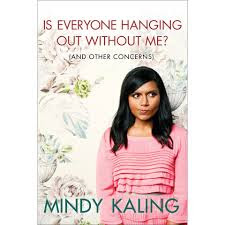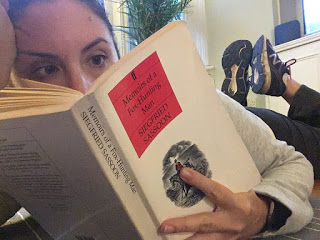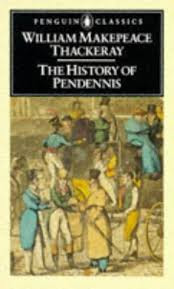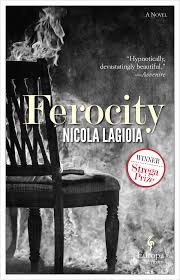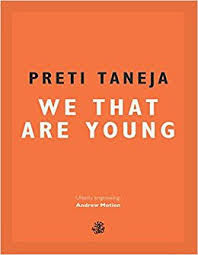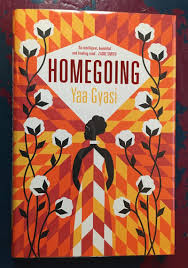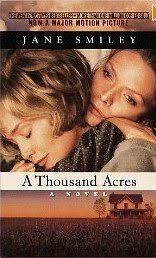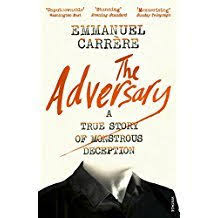
This is a French true crime novel. Why am I reading it? Who knows. I can’t even remember where I found it. I do love true crime TV, but am typically too embarrassed to be buying true crime fiction. Perhaps it being French gave it a veneer of respectability. Anyway, I’m glad I read it, because it tells of a truly fascinating and bizarre crime. Actually, the crime itself is not so fascinating, or bizarre. Some man kills his wife, children, and parents. I mean in America this is hardly even a crime. What makes it interesting is that the murderer, Jean-Claude Romonde, an apparently boring bourgeois family man, has been living a life of total deception before the murders for almost twenty years. It takes some going for the mass murder you commit to be the least interesting part of your life story.
It all starts in his second year at University, where he oversleeps and misses his last exam. Instead of just retaking the exam, he decides to pretend he has passed. He continues to pretend to his friends that he is a student, and to buy books, and study, and walk around the hospital, for the next five years, until he ‘graduates’ with the rest of them. He marries his college sweetheart, and moves on to pretending he is a high profile doctor at the WHO. In fact, he just goes to their lobby and sits there for a bit, before going to sleep in a lay-by. Then he goes home. And he does this for twenty years! Sometimes he pretends to go on a business trip, checking into the airport hotel for a few days, and reading the guide book for where he is supposed to be.
He also does a lot of ‘investing’ for his family and friends – in fact, just stealing their money to fund his lifestyle of daytime napping. So for years he knows that the whole thing must come to an end at some point. When it does – when someones asks for their money back – he responds by killing everybody + the family dog. I mean, wow.

